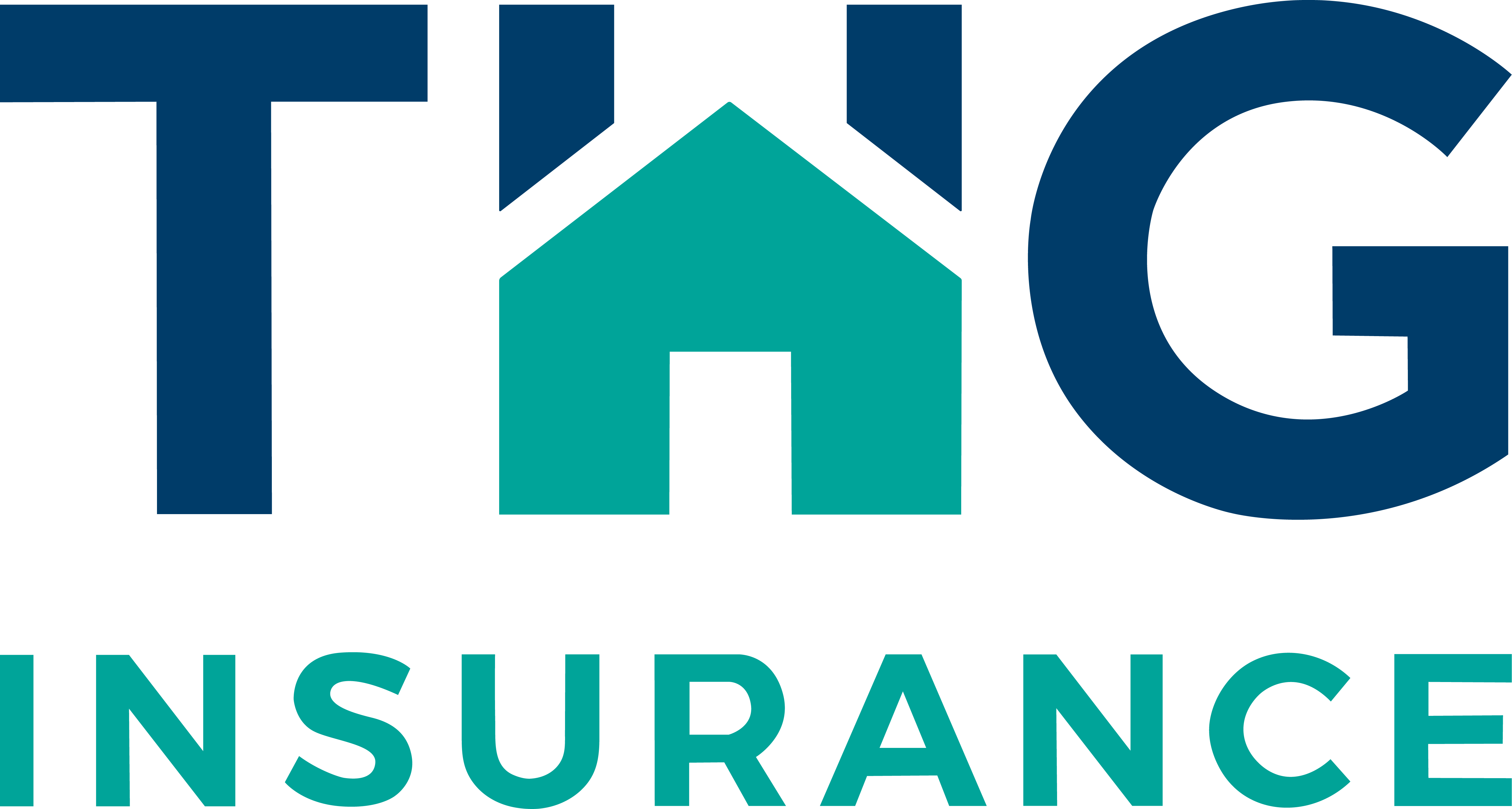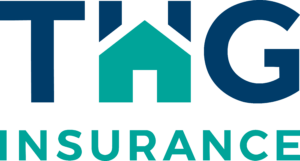You’ve found the perfect space for your business. It’s a great location, the right size, and wouldn’t you know, it fits your budget. Now you’re reviewing the lease agreement, and there it is: a list of required insurance policies.
We talk to business owners in your position all the time. Just like you, they wonder what these insurance policy terms mean and are all these policies really necessary?
Insurance requirements in commercial leases can feel like another hurdle, but they’re actually a very important part of protecting your business and setting yourself up for success. In our guide, we’ll break it all down for you. What’s typically required, why it matters, and how to make confident decisions without overlooking critical coverage.
Need help reviewing your lease insurance requirements? The Huneycutt Group is here to help you understand your options and build a plan that fits your business operations.
Key Takeaways:
- Most leases require general liability and commercial property coverage.
- No two businesses are the same. The insurance you need should reflect your operations, assets, and lease terms.
- Understanding your insurance requirements helps to avoid gaps.
What Are Commercial Lease Insurance Requirements?

Most commercial leases come with insurance requirements designed to protect both the property owner and the tenant. These requirements outline the types of coverage you need to carry during your lease term and sometimes even beyond.
The goal is to make sure that if something goes wrong, a customer slips and falls, a fire damages your inventory, or your space becomes temporarily unusable, there’s coverage in place to handle the costs.
For landlords, this ensures their building and business interests are protected. For tenants, it’s about having financial protection and legal coverage while running day-to-day operations.
Common Policies Required in Commercial Leases
These requirements are usually non-negotiable, but there are often options for how you meet them — and that’s where the right insurance guidance makes a difference.
- General liability insurance
- Commercial property insurance
- Business interruption insurance
- Workers compensation insurance (if you have employees)
Insurance Policies Landlords Require
General Liability Insurance
General liability insurance covers third party claims for bodily injury, property damage, and legal fees if someone is hurt on your premises or if your business accidentally causes damage to the property of others. It’s one of the most common types of business insurance for good reason.
Commercial Property Insurance
Commercial property insurance protects your business property (furniture, inventory, equipment) from risks like fire, theft, or vandalism. Whether you own or lease, this coverage ensures you can recover from damage without taking a huge financial hit.
You’ll often see terms like:
- Replacement cost – pays to replace damaged items at today’s prices.
- Actual cash value – factors in depreciation, which can mean a smaller payout.
Business Interruption Insurance
If a covered event forces you to close temporarily (like a fire or major storm), this coverage helps replace lost income and keep up with ongoing expenses like payroll, rent, and utilities.
Workers Compensation Insurance
If you have employees, most states require you to carry this. It covers medical expenses, lost wages, and legal costs if an employee is injured on the job.
Tip: Even if you’re a small business owner with just a few employees, this coverage is important, and often required by landlords to protect against liability claims.
Optional but Recommended: Additional Coverage That Can Save You
Some insurance types aren’t always required in a lease agreement but are highly recommended depending on your operations.
Commercial Auto Insurance
If your business uses company vehicles or your employees drive personal vehicles for work purposes, commercial auto insurance protects against property damage, bodily injury, and liability.
Commercial Umbrella Insurance
Think of commercial umbrella insurance as extra protection. If a claim exceeds the limits of your general liability or auto insurance, umbrella coverage kicks in to cover the difference.
Business Owner’s Policy (BOP)
For small business owners, a BOP combines multiple types of coverage — often general liability, property insurance, and business interruption — into one cost-effective package.
Additional Insured
Landlords often require that they be listed as an additional insured or possibly as an additional interest on your policies. This gives them certain protections if a claim is filed related to your business operations.
Coverage Limits and Endorsements
Always check the minimum coverage limits required in your lease. You may also need specific endorsements for certain types of risks (e.g., water damage, signage).
What Happens If You Don’t Meet the Lease’s Insurance Requirements?
Failing to meet insurance requirements could lead to a breach of contract and that could create complications with your landlord. But more importantly, you’d be leaving your business exposed to financial risk from unexpected events, legal action, or property damage.
The good news? Meeting these requirements is straightforward once you know what’s needed. Working with an experienced insurance advisor like The Huneycutt Group helps you avoid overpaying while ensuring you have the right protection in place.
How to Choose the Right Insurance for Your Commercial Lease
Not all businesses are alike and neither are leases. That’s why it’s important to work with independent insurance agents who can tailor coverage to your specific lease agreement and business type.
What to consider:
- Your business operations
- The value of your business personal property
- Whether you own business vehicles or lease them
- Your number of employees
- Your lease’s insurance requirements and coverage limits
The Huneycutt Group specializes in helping small business owners and commercial tenants build smart, compliant coverage plans. We’ll help you understand what you’re buying, what it protects, and how to make sure you’re not over- or under-insured.
Insurance That Works for Your Lease
Having the right insurance isn’t just about checking boxes on your lease — it’s about protecting your business, your income, and your peace of mind. When you understand your commercial lease insurance requirements, you can sign with confidence, knowing your business is on solid ground.
Need help navigating your coverage options?
The Huneycutt Group can walk you through your lease’s insurance requirements, recommend smart solutions, and help you find the right coverage at the right cost. Let’s protect what you’re building.
FAQs: Commercial Lease Insurance Requirements
What type of insurance do I need for a commercial lease?
Most leases require general liability, property, and sometimes business interruption or workers compensation coverage.
Can I negotiate the insurance requirements in a commercial lease?
Sometimes. It depends on your landlord and lease structure, but many requirements are standard for legal and financial protection.
What happens if my coverage cancels during the lease term?
You could be in breach of your lease, and your landlord may take legal or financial action. Always keep your policies active. If you have a loss and you’re not covered, you cannot reinstate your policy.
Does a business owner’s policy cover lease insurance requirements?
Often, yes. A BOP bundles several key coverages but may need to be customized to meet your lease’s exact terms.





